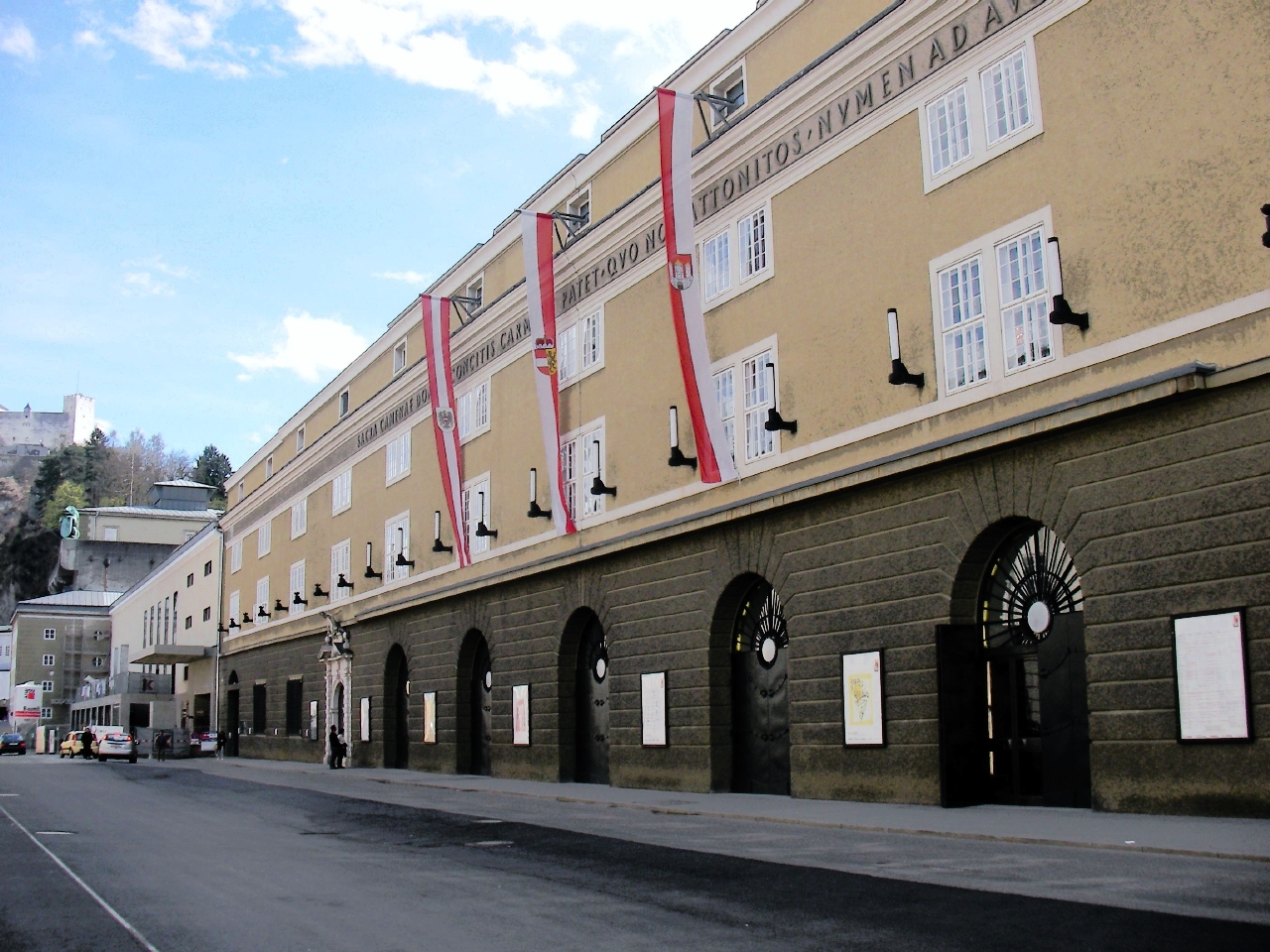 He came out on stage to thundering applause, bowed quickly and charged into the stormy opening of Kreisleriana before he had completely sat down at his personal Fabbrini Steinway. He must have done something wrong in his rush to get started because he played almost exclusively wrong notes for the first four phrases of the piece. It flew by so quickly he couldn't get his bearings, wisely skipped the repeats, and reset himself for the B section, which was moderately better but disturbed. The return of the A section was hardly improved. From where I sat on the left side of the hall, I could see his shaking and uncertain hands rushing from one place to another, trying to find the right notes. The second movement was very beautiful in the slow themes, but the faster intermezzi were weak in every sense of the word. Although the third movement and most other fast movements of this piece were much better "technically," I could hear nothing but a wall of sound being thrown at me. The pedal was cleared at most once a measure, and he made no apparent effort to bring out any particular voice. Perhaps this was an attempt to cover up any more flubs? Nevertheless, his fifth and sixth movements were so good that they redeemed the entire piece for me. I have never heard those figures at the opening of the fifth in particular played so well. He completely did away with the pedal and let that glorious piano of his shine for what it is. It was spooky! The last movement began very well. The single sixteenth notes in the right hand sounded like grace notes (an interesting and satisfying effect), but as the piece went along he lost the 6/8 feeling and instead started to play as though in 2/4 - i.e. with two equal eighth notes per beat separated by a grace note.
He came out on stage to thundering applause, bowed quickly and charged into the stormy opening of Kreisleriana before he had completely sat down at his personal Fabbrini Steinway. He must have done something wrong in his rush to get started because he played almost exclusively wrong notes for the first four phrases of the piece. It flew by so quickly he couldn't get his bearings, wisely skipped the repeats, and reset himself for the B section, which was moderately better but disturbed. The return of the A section was hardly improved. From where I sat on the left side of the hall, I could see his shaking and uncertain hands rushing from one place to another, trying to find the right notes. The second movement was very beautiful in the slow themes, but the faster intermezzi were weak in every sense of the word. Although the third movement and most other fast movements of this piece were much better "technically," I could hear nothing but a wall of sound being thrown at me. The pedal was cleared at most once a measure, and he made no apparent effort to bring out any particular voice. Perhaps this was an attempt to cover up any more flubs? Nevertheless, his fifth and sixth movements were so good that they redeemed the entire piece for me. I have never heard those figures at the opening of the fifth in particular played so well. He completely did away with the pedal and let that glorious piano of his shine for what it is. It was spooky! The last movement began very well. The single sixteenth notes in the right hand sounded like grace notes (an interesting and satisfying effect), but as the piece went along he lost the 6/8 feeling and instead started to play as though in 2/4 - i.e. with two equal eighth notes per beat separated by a grace note. I see I am getting a little wordy here. Suffice it to say that the Schumann Sonata was infinitely superior to Kreisleriana. At intermission we learned that Mr. Pollini was quite sick and was ready to cancel the concert, but after significant convincing from the audience and management, he decided to play the second half after all. Aren't we all glad he did! His Chopin Sonata was a marvel of pianism. He knew exactly the sound he was going for and drove forward through the piece relentlessly, maintaining a strong sense of pulse, which can be an especial challenge with this sonata. The second movement was smooth and effortless. The third "moved" a bit more than I was used to, but to good effect. The fourth was so quiet that I was unable to pinpoint exactly when it started: it seemed to fade in from nothing, like some creature darting here and there in the fog.
I see I am getting a little wordy here. Suffice it to say that the Schumann Sonata was infinitely superior to Kreisleriana. At intermission we learned that Mr. Pollini was quite sick and was ready to cancel the concert, but after significant convincing from the audience and management, he decided to play the second half after all. Aren't we all glad he did! His Chopin Sonata was a marvel of pianism. He knew exactly the sound he was going for and drove forward through the piece relentlessly, maintaining a strong sense of pulse, which can be an especial challenge with this sonata. The second movement was smooth and effortless. The third "moved" a bit more than I was used to, but to good effect. The fourth was so quiet that I was unable to pinpoint exactly when it started: it seemed to fade in from nothing, like some creature darting here and there in the fog.What do you think? Do you have to be emotionally involved in the music in order to "make music"? Voice your opinion in the comments below.
